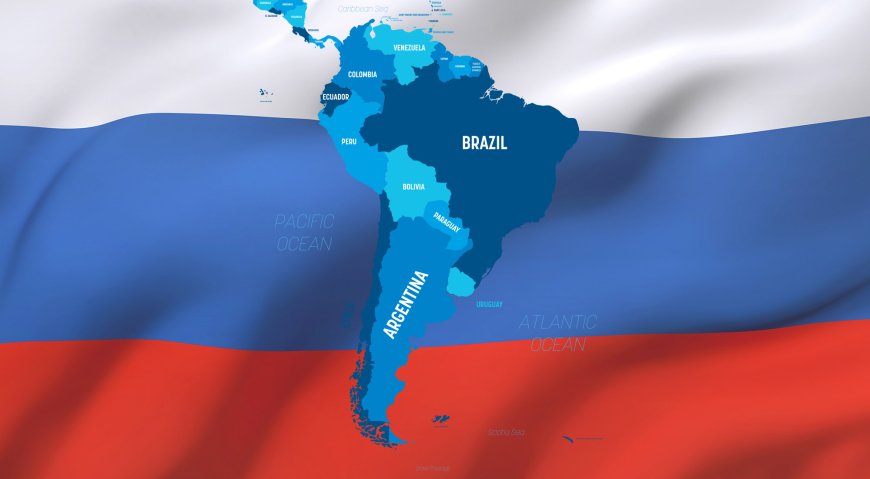Russia’s Strategic Expansion in Latin America : A Countermeasure Against Western Pressure?

By: A. Mahdavi
Since the onset of the Ukraine conflict and even prior Russia has held deep-seated concerns over the encroachment of NATO and Western influence on its borders. These fears have only intensified as NATO’s presence along Russia’s frontier expands. Now Russia finds itself in a complex geopolitical dilemma and is compelled to adopt a diverse set of strategies to navigate it. Among these is a significant pivot towards Latin America a region Moscow views as a critical counterbalance to Western pressure.
Russia is strategically engaging with Latin American countries to shift the balance of power and apply pressure on the United States by establishing a presence in its hemispheric vicinity. Central to this approach is Venezuela where Moscow has recently secured substantial agreements spanning energy military cooperation and intelligence sharing These moves come as Washington also ramps up its efforts to sway Venezuela with promises of partnership aimed at reinforcing U.S.-aligned forces in the country. Moscow’s heightened activity in Venezuela thus presents a potent challenge to U.S. objectives in the region. In fact the Russians appear not only prepared but interested in fostering a proxy conflict within Latin America rather than risking a direct confrontation along their own borders.
Moscow's engagement with Venezuela underscores its desire for a valuable geopolitical bargaining chip with the United States. Russia is acutely aware of the strategic significance Latin America holds for Washington and rather than focus solely on fortifying its territorial boundaries Moscow is advancing proactive steps to influence the U.S. indirectly The goal is clear: Russia aims to bring the U.S. back to the negotiation table on terms that address Moscow’s concerns particularly regarding security and NATO's eastward expansion.
From the outset Russia’s preference has been direct negotiation with Washington. President Vladimir Putin from the beginning of the Ukraine conflict emphasized that meaningful peace negotiations should involve the United States as a primary actor. However Washington has consistently rebuffed these overtures seemingly operating under the belief that prolonging the conflict would serve its strategic interests by weakening Russia.
In response Russia has recalibrated its approach embracing hybrid warfare techniques and a nuanced indirect strategy designed to erode American influence globally without engaging in full-scale direct conflict. This shift recalls a Cold War-era playbook where Moscow adeptly managed sub-threshold engagements tactically undermining its rival without crossing lines that could precipitate a direct clash. This approach is particularly evident now as Russia identifies and seeks leverage in areas of profound American interest.
President Putin and his administration understand that U.S. policymakers are unlikely to take notice without direct challenges to their interests across the globe. Hence Moscow is meticulously selecting its areas of influence prioritizing regions where the U.S. is entangled and where Russian influence or sympathies may naturally resonate. Latin America is an ideal stage for this strategy given its enduring if complicated legacy of anti-American sentiment. Many in Latin America view U.S. interventions with skepticism creating a fertile environment for Russia’s diplomatic and economic overtures.
Consequently Russia has shifted from a defensive posture concerning Ukraine to an assertive one aimed at extending its influence beyond its immediate geography. This is a carefully measured counter-offensive to check the United States calculated to avoid direct escalation yet pointed enough to command Washington’s attention. How this complex interplay will evolve remains uncertain. Will a change in U.S. leadership potentially one more open to diplomacy mitigate these tensions or will it exacerbate them pushing the world toward a renewed era of proxy conflicts? The answer to this question could have profound implications for global peace and security in the years ahead.












































